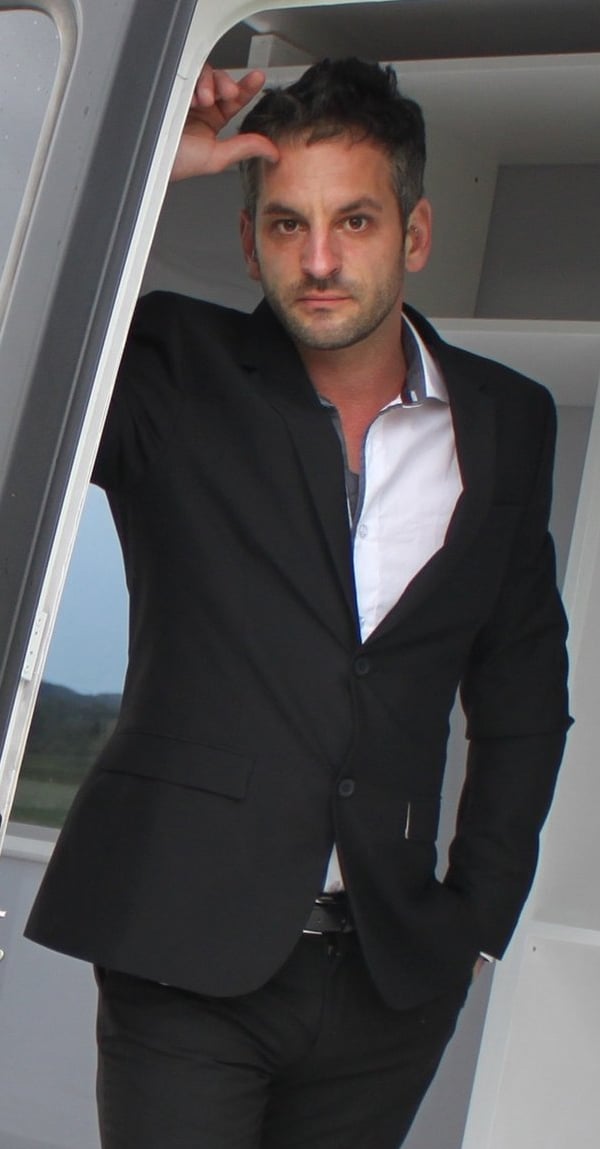Hi there! I'm Andreas Heusser. In my artistic practice I have been moving for more than 20 years between conceptual art, performance and political art. When I began to explore the topic of conspiracy theories during the pandemic in 2020, I had no idea that my new project would take the form of a board game. My vision was rather to create a kind of ethnological museum that collects and presents conspiracy theories of all kinds and shades. It was supposed to become a platform that both those who believe in these conceptions and narratives and those who are critical of them could use as a source of knowledge and research.
I spent the next two years examining all the books, blogs, articles, videos and other data I could find on conspiracy theories. While the number of scientific articles was still reasonably manageable, the pile of articles by conspiracy theorists grew larger and larger the more I looked into it. It was like the head of the hydra: as soon as I thought I had ticked off one theory, ten new theories immediately sprang up in the same place. I had to realize that my project seemed simply unfeasible: It would have taken me either hundred of years or hundreds of collaborators to complete it. Unfortunately, I don't have either - I'm (still) working on this project alone.
When I was about to give up, the solution appeared to me in a dream: In it I looked down from above at a huge round game board with mysterious signs and numbers written on it. All the conspiracy theories I had been dealing with day and night had turned into components of the game in this dream: they manifested themselves as game pieces, they appeared on the playing fields, they showed up in the form of illustrations and narratives on the playing cards - every single element was the reincarnation of a conspiracy myth! This vision has stayed with me ever since. By transforming my original project into a board game, I was able to keep the amount of information about conspiracy theories manageable and concise, and the role of the audience would change from spectators to active participants engaging with conspiracy theories in a playful way. I was also intrigued by the idea that the final project would not be presented in the form of an exhibition in an art space, but would manifest itself in a much more participatory form. But can a board game be considered art at all? Can a game night be an art event? And what if the game is completely stripped from any art context - for example, if people play it at home? I found these questions interesting not only for me personally as an artist, but also because they question and/or expand the boundaries of what art is or can be.
But enough about nerdy art theory – the game has to work in practice, too. And how can I create the game in a way that it is fun to play? That was the question that occupied me for the next 2 years. In 2023 came the moment of truth: I organized the first series of COMPLOTY tryout nights – it was great to see that the first prototype already worked really well. In the many further game evenings with friends and acquaintances, I was able to experiment with new rules, test new strategies and introduce new moves and abilities that expanded the players' scope of action more and more while reducing the chance factor. Thanks to the valuable input and feedback from my test players, COMPLOTY has finally matured into a game that is exciting, witty, funny, entertaining, surprising, full of dynamics and interaction - in short: it's a hell of a lot of fun!
Now, the moment has come to let a broader public explore the dark and facinating world of COMPLOTY! That's why I am hoping for your support so that the world's first game based on real-life conspiracy theories can see the light of day:


